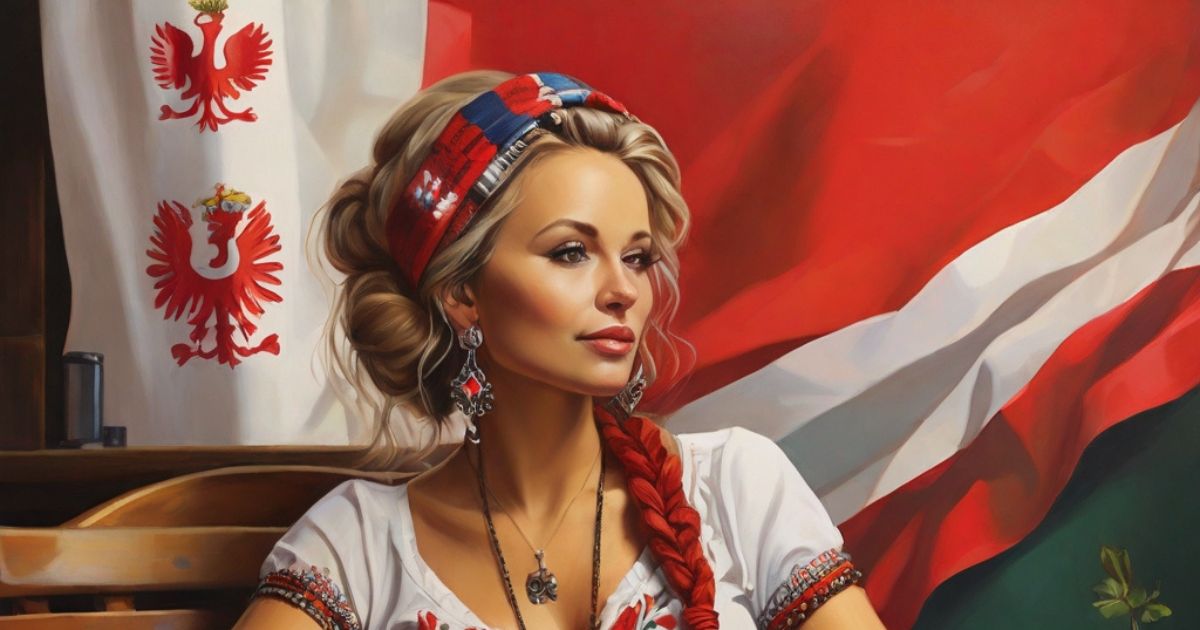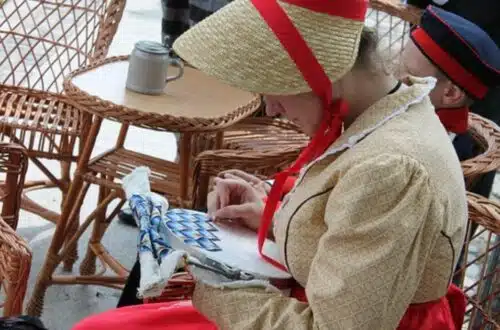A Foreigner’s Handy Guide to Navigating Polish Surnames
Hello, dear globetrotter! Looking to add another stamp to your passport? How about Poland, the land of pierogi, stunning castles, and surnames that are a tongue-twisting treat? But don’t worry, we’ve got you covered. Buckle up for a fun-filled, thrilling ride through the world of Polish surnames!
A Glimpse into Poland’s Past
Before we dive into the sea of consonants and vowels, let’s take a quick detour through Poland’s rich history and culture. From the medieval charm of Krakow to the modern buzz of Warsaw, Poland is a country of contrasts. Its history is a vibrant tapestry of royal dynasties, heroic uprisings, and resilience in the face of adversity.
And the language? It’s as rich and complex as its history. With its special diacritical marks like the kreska (the little line over some letters), Polish can seem like a secret code to the uninitiated. But trust us, it’s part of what makes this Slavic gem so fascinating!
The Art of Naming in Poland
Names in Poland aren’t just labels; they’re stories etched in ink, whispering tales of ancestry, geography, and occupation. They’re more than just strings of letters—they’re woven into the social fabric, carrying significance and tradition.
Curious about how these names came to be? Well, it’s story time, folks!

The Many Flavors of Polish Surnames
Occupational Surnames
Ever met a Mr. Smith or a Ms. Baker? Well, Poles were quite literal with their surnames too. Take “Kowalski” for instance. Derived from “kowal”, meaning “blacksmith”, this surname was likely donned by a man who loved hammering hot iron more than anything else.
Location-Based Surnames
Some Poles took major inspiration from their surroundings. Imagine Mr. John deciding, “I live near a lovely brook, so let’s go with ‘Brookman'”. That’s how we got surnames like “Zakrzewski”, stemming from “zakrzew”, or “shrub”.
Nicknames Turned Surnames
Then there are surnames that started as nicknames. If you were new to town, you might end up as a “Nowak”—a newbie! Derived from “nowy”, or “new”, it’s one of the most common surnames in Poland.
Meet the Polish Surname All-Stars
Let’s take a closer look at some of the crowd favorites:
- Kowalski: Remember our friend, the blacksmith? His name is as common as a “Smith” in the English-speaking world.
- Nowak: You’ll run into quite a few “new guys” in Poland, given that “Nowak” is one of the most popular surnames around.
- Wiśniewski: Derived from “wiśnia”, meaning “cherry”, this surname might have originally referred to someone living near a cherry tree. Sweet, isn’t it?
- Szczepański: Stemming from the name “Szczepan”, or “Stephen” in English, this surname means “son of Stephen”.
The Art of Pronouncing Polish Surnames
So, how do you go about pronouncing these names without tying your tongue into knots? Here are a few tips:
- “W” is pronounced like “v”.
- “Sz” sounds like “sh”.
- “Cz” is pronounced like “ch”.
- The accent is usually on the second to last syllable.
Addressing the Poles
When addressing someone with a Polish surname, just remember – respect is key. Use formal titles unless invited otherwise. And don’t worry about getting the pronunciation perfect. Poles are incredibly hospitable and will appreciate your effort!
Wrapping Up
So there you have it, dear traveler—a whirlwind tour through the intriguing world of Polish surnames. We hope this guide has equipped you with some fun conversation starters for your next Polish encounter.
And remember, even if you trip over a “Szcz” or two, don’t let that stop you from diving into the beautiful language and culture that is Poland. After all, isn’t that what traveling is all about?
So pack your bags, brush up on your Polish, and get ready to explore the land of captivating history, breathtaking landscapes, and yes, wonderfully unique surnames. See you in Poland, or as the locals say, “Do zobaczenia w Polsce!”




